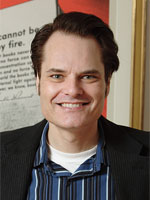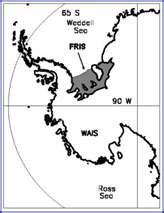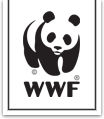 Simon Johnson, in his recent Hot Topic post, challenged the failure of Pure Advantage’s report New Zealand’s Position in the Green Race to highlight the importance of putting a price on carbon, and Duncan Stewart offered a robust response. It’s not my purpose in this post to pursue that topic, but rather to dwell on the strong central message of the document — that New Zealand has a much brighter economic future as a green growth economy than as one stuck with the fossil fuel dependance we remain reluctant to address. The report considers government action is necessary to drive the change, but at the same time sadly recognises that the government is currently stuck in a different and inadequate strategy which is hindering advance.
Simon Johnson, in his recent Hot Topic post, challenged the failure of Pure Advantage’s report New Zealand’s Position in the Green Race to highlight the importance of putting a price on carbon, and Duncan Stewart offered a robust response. It’s not my purpose in this post to pursue that topic, but rather to dwell on the strong central message of the document — that New Zealand has a much brighter economic future as a green growth economy than as one stuck with the fossil fuel dependance we remain reluctant to address. The report considers government action is necessary to drive the change, but at the same time sadly recognises that the government is currently stuck in a different and inadequate strategy which is hindering advance.
Just how much we are failing to measure up to our proclaimed green image is revealed in the sobering reality check the report performs on various economic fronts.

 “Will we look into the eyes of our children and confess that we had the opportunity, but lacked the courage? That we had the technology, but lacked the vision?” These words preface the report
“Will we look into the eyes of our children and confess that we had the opportunity, but lacked the courage? That we had the technology, but lacked the vision?” These words preface the report  A recent
A recent  In the last episode of the
In the last episode of the  The
The